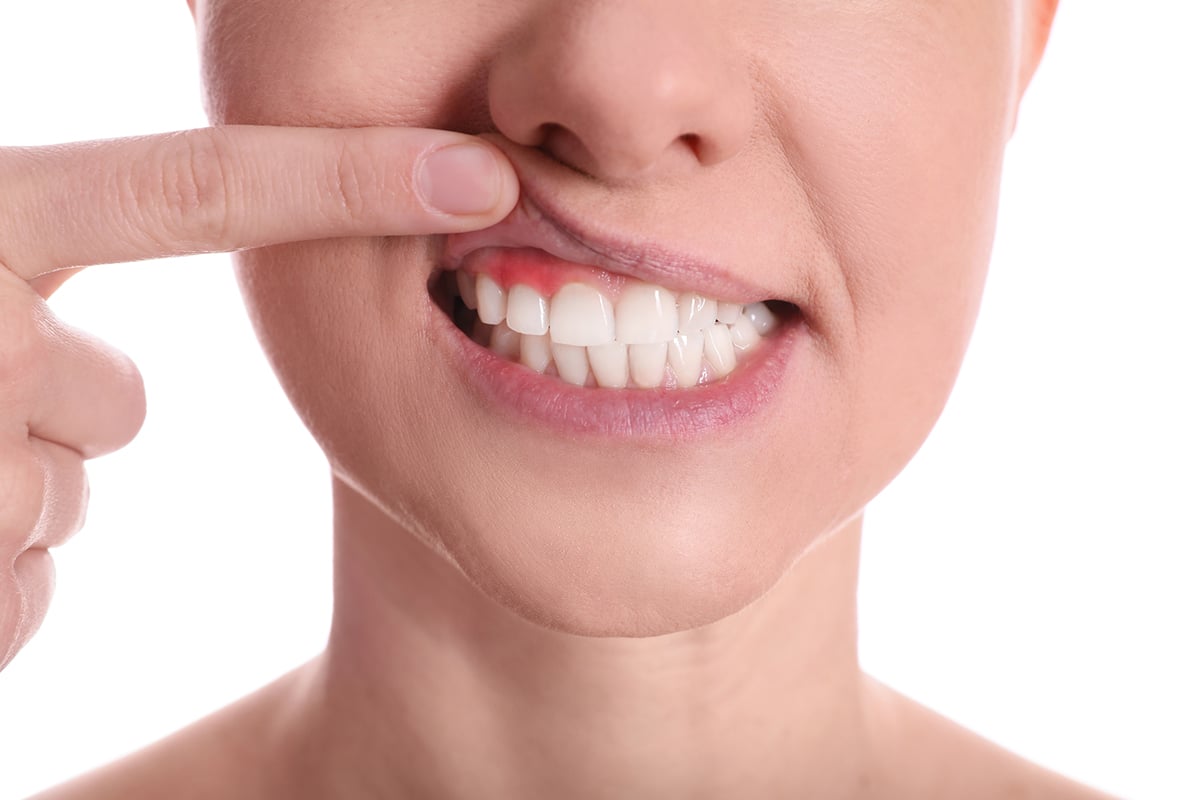
Gum disease, also known as periodontal disease, is a common but preventable condition that affects the gums and bone supporting your teeth. At its earliest stage, gingivitis, it can be treated and reversed. However, left unchecked, gum disease can progress and lead to tooth loss and other serious health issues. Understanding and identifying the early signs of gum disease can ensure you seek professional care before the condition worsens.
With our focus on delivering exceptional and compassionate dental care at Stuart Prosthetic Dentistry, we aim to empower you with the knowledge you need to maintain optimal oral health. Here’s what you should look for when it comes to gum disease.
Bleeding Gums
One of the earliest and most noticeable signs of gum disease is bleeding gums. You might notice blood after brushing or flossing your teeth. Healthy gums should not bleed, even if you use a firm grip while brushing.
Bleeding gums are often a result of plaque buildup along the gumline. Plaque contains bacteria that contribute to inflammation, causing your gums to swell and become more sensitive. If left untreated, this condition can lead to gingivitis or more severe forms of periodontal disease.
Persistent Bad Breath or Unpleasant Taste
Bad breath, or halitosis, is one thing. But persistent bad breath, accompanied by a bad taste in your mouth, is another early symptom of gum disease. Bacteria trapped in the gum pockets can produce toxins, leading to an unpleasant odor and taste that doesn’t go away even with regular brushing and flossing.
If you’ve noticed that your breath remains unpleasant despite consistent oral care routines, it may be time to schedule a professional evaluation. Often, the solution lies in treating the underlying gum infection.
Swollen, Red, or Tender Gums
Healthy gums are firm and pale pink. If your gums appear red, swollen, or feel tender to the touch, it could be an indication of gum inflammation caused by bacteria or plaque buildup. Over time, this inflammation can begin to damage the tissues and bone supporting your teeth.
Many people confuse gum sensitivity or swelling as a reaction to hard foods or vigorous brushing. While this may sometimes be the case, persistent redness or discomfort warrants immediate attention from a dental professional.
Taking Action with Professional Care
Ignoring the early signs of gum disease can pose risks not only to your dental health but also to your overall well-being. Research has linked advanced gum disease to systemic conditions like heart disease, diabetes, and stroke. The good news is that comprehensive periodontal care can successfully tackle gum disease in its early stages.
At Stuart Prosthetic Dentistry, we specialize in advanced periodontal treatments, from scaling and root planing to regular gum maintenance. If you are experiencing any of these symptoms, act promptly to protect your oral health and restore your confidence.
Frequently Asked Questions About Periodontal Treatment
What is scaling and root planing?
Scaling and root planing, often referred to as a deep cleaning, is a non-surgical treatment for gum disease. This procedure involves removing plaque and tartar from above and below the gumline and smoothing the root surfaces to prevent further bacterial buildup. It’s often the first step in managing gum disease and helps the gums reattach to the teeth over time.
How can I prevent gum disease after treatment?
Preventing gum disease after treatment requires consistent oral hygiene habits, including proper brushing and flossing techniques. Regular dental check-ups and professional cleanings are also critical. At Stuart Prosthetic Dentistry, we provide individualized periodontal maintenance plans to help keep your gums healthy long-term.
At Stuart Prosthetic Dentistry, we are committed to your dental health and well-being. Whether you need help identifying the early signs of gum disease or require specialized periodontal treatment, our experienced team is just a call away. Contact us today to schedule your appointment.
